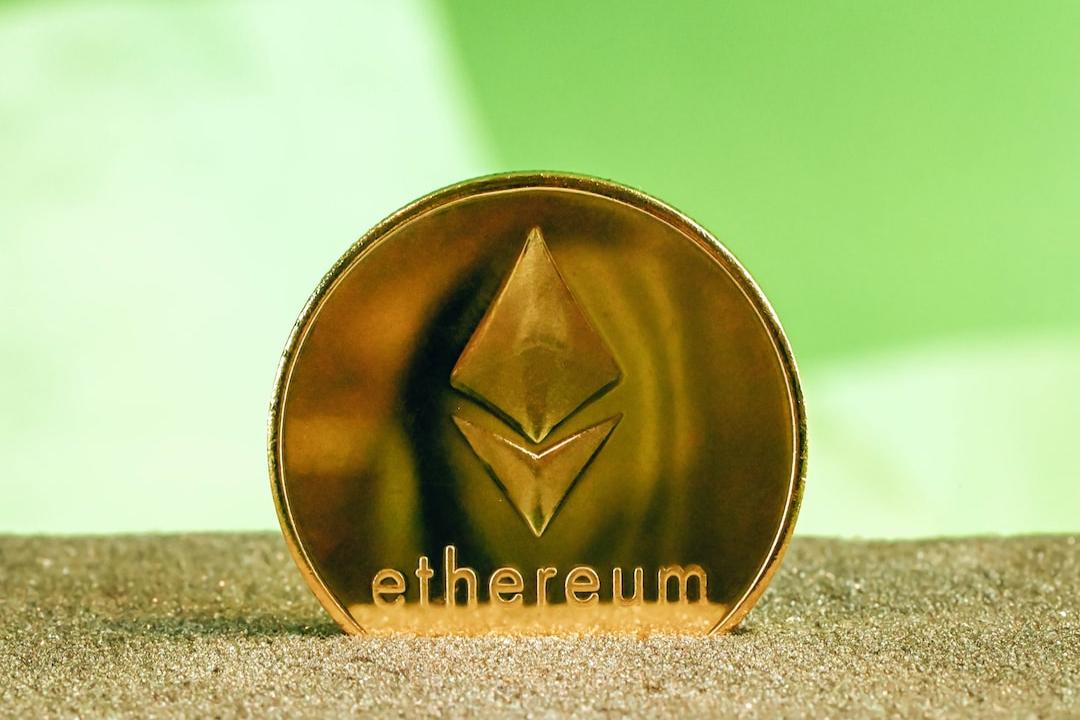Lawyers from Kraken and the United States Securities and Exchange Commission (SEC) argued before a federal judge regarding whether digital assets on the exchange should be considered securities.
At a hearing on June 20 in the U.S. District Court for the Northern District of California, lawyer Matthew Solomon from Payward, also known as Kraken, and SEC counsel Peter Moores appeared before Judge William Orrick to discuss a motion to dismiss that was filed by the exchange in February. The judge indicated that he was “inclined to deny” the motion to dismiss, stating that it was “plausible” that digital assets were being offered and sold as investment contracts on the crypto exchange.
During the arguments presented to the judge, Solomon pointed out significant differences in litigated cases between the SEC and Terraform Labs and Telegram. He also referenced Judge Analisa Torres’ decision in the SEC’s case against Ripple Labs, where the judge ruled that the XRP token was a security when sold to institutional investors. Solomon suggested that the case most comparable to Kraken’s was Coinbase’s.
The SEC’s argument focused on treating Kraken as an “ecosystem” where tokens are sold as investment contracts, making them securities under the Howey test. The exchange’s legal team opposed these legal theories.
Solomon expressed that “conjuring up the notion of an ecosystem just for crypto” was not the way rules should be applied and that crypto deserved no better treatment than anyone else, but they should have the rules applied equally to them as to everyone else.
Judge Orrick did not make a ruling on the motion to dismiss during the hearing but indicated that after hearing from Kraken and the SEC, he was still leaning toward denying it. He also mentioned that “a year should be sufficient” for discovery if the case moves forward.
The SEC filed its enforcement action against Kraken in November 2023. Before the commission brought the case, Kraken reached a settlement with the SEC in February 2023, agreeing to pay $30 million and cease offering staking services or programs to U.S. clients.
While Ether (ETH) was not explicitly mentioned in the SEC v. Kraken case, the token has been at the center of some crypto firms challenging the regulator in court. There were reports in March suggesting that the SEC was considering labeling ETH as a security and potentially taking enforcement actions against firms handling the token.
In April, blockchain firm Consensys filed a lawsuit against the commission after receiving a Wells notice suggesting a potential enforcement action based on Ether. The SEC closed its investigation on June 19, indicating that the commission considered Ether a commodity.
Magazine:
Godzilla vs. Kong: SEC faces fierce battle against crypto’s legal firepower
Trending
- KiloEx Exchange Exploiter Restores All Stolen Funds Following $7.5 Million Hack
- Hashkey Targets XRP ETF in Asia with New Fund Supported by Ripple
- Sygnum Predicts Potential Altcoin Rally in Q2 2025 Due to Enhanced Regulations
- Media Tycoon Files Counterclaim Against Justin Sun in $78 Million Sculpture Dispute
- Yemenis are embracing DeFi in response to US sanctions on the Houthi group
- Saylor and ETF Investors’ ‘Stronger Hands’ Contribute to Bitcoin Stabilization — Analyst
- Bitcoin Dip Buyers Show Interest at BTC Range Lows, Yet Remain Risk-Averse Until $90K Establishes Support
- Kyrgyzstan’s President Enacts CBDC Legislation Granting Legal Status to ‘Digital Som’

